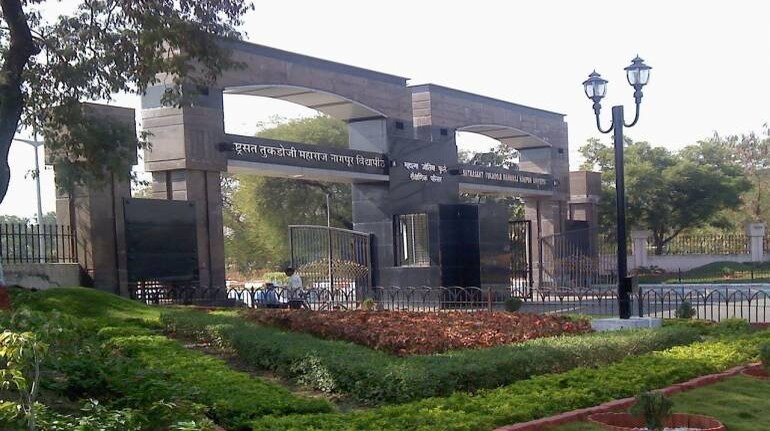
A few days back, the guidelines for Lockdown 5.0 or Unlock 1.0 were out. Although most activities are now allowed, decision about educational institutions will be taken only in July. They were the first to be closed and perhaps will be last to be opened.
There seems to be a misplaced perception that university education is all about only classroom teaching. Most leading universities in the world are in the forefront of fight against COVID-19. They are involved in treatment and vaccination research as well as pandemic modelling. In addition, serious research work is being produced on economic and social implications of the pandemic. By now we are familiar with the John Hopkins Coronavirus Research Center, the vaccine development at Oxford, treatment research at Peking, modelling research at Cambridge, etc. The Harvard Medical School, the Imperial College London and many others are contributing significantly to improve our understanding about the virus.
Apart from few exceptions, contribution from Indian universities is limited. Many of them have not gone beyond advising washing hands, maintaining social distance, downloading Aarogya Setu and providing links to the Ministry of Health and Family Welfare. In fighting the pandemic and its long-term effects, India must use the strength of its close to 1,000 universities, 40,000 colleges and 1000-plus stand-alone institutions of higher learning.
Teaching in specialised higher education institutions is different from school teaching. Although limited online teaching is possible, it can never substitute live, in-person teaching. We will be dishonest if we start pretending that university teaching is continuing in India through the online mode. It is understandable that at the peak of the pandemic classroom teaching was not possible. However, now with the opening of malls and religious places, the argument that educational institutions need to remain close is no longer valid.
Unused Resources
Apart from teaching, however, universities are supposed to be involved in fundamental research. With most labs and all departments closed, university research in India is crippled. Apart from the bare minimum administrative work, most universities offices are non-functional. This is affecting implementation of existing research projects and preparation of new proposals. These activities are crucial for university profile and finances.
Why are still university campuses treated like containment zones? Shouldn’t faculty, and even researchers, be given access to college/university resources, such as Internet and library, which are better than personal connections? Large scale online activities such as webinars, etc. could be better managed if the university departments are open. The University Grants Commission has issued some guidelines, and depending on prevailing situation in different cities, universities are free to work out their own approach to teaching, modes of examination, timetable, etc. Rather than ad-hoc decision being taken, opening up of university departments and offices will help proper procedures to be followed while deciding on crucial matters.
COVID-19 Research
The teaching load in universities is not expected to be high in the coming weeks or months — this is because it will take time for a relative equilibrium to set in. This time can be dedicated towards COVID-19-related research in different fields. We definitely need medical research. By now it is clear that we also need extensive new research on national/global economic and political implications; migration-related issues, poverty as well as social and other aspects of the pandemic. Agriculture and political administration are areas that needs focus as well.
The past few months has generated a huge amount of national and international data related to the pandemic. Only a fraction of this data has been analysed so far. Careful, independent analysis of this data may provide us with many new policy options.
This is not to say that no research is being done. Independent, individual research is underway during the lockdowns, but this is only a fraction of the potential. An institutional environment, with the infrastructure it provides, will help academia and research perform better.
Except for classroom teaching, where social distancing norms cannot be effectively followed, most western universities have been functioning during the pandemic. In India, except some notional online teaching, almost everything else is closed. The time has come rethink our approach towards higher education institutions.
Except for a serious medical breakthrough, it’s fair to say that by July there isn’t going to be a drastic change from where we are now. Given this, we might as well quickly adapt to the new normal.
Gulshan Sachdeva is Chairperson, Centre for European Studies at Jawaharlal Nehru University, New Delhi. Views are personal.

Discover the latest business news, Sensex, and Nifty updates. Obtain Personal Finance insights, tax queries, and expert opinions on Moneycontrol or download the Moneycontrol App to stay updated!